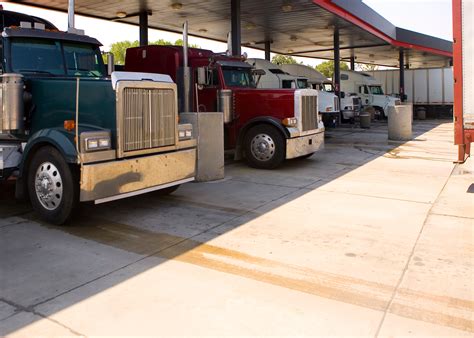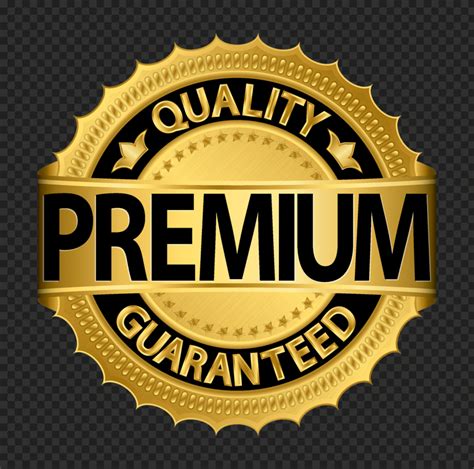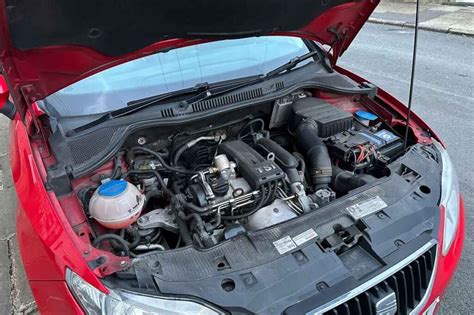Understanding the Octane Debate
The question of whether to fill up with regular or premium fuel is a common dilemma for many drivers. While some believe premium fuel offers superior engine protection and better performance, leading to long-term savings, others see it as an unnecessary expense. The truth, however, is more nuanced than a simple yes or no.
What Exactly is Premium Fuel?
At its core, premium fuel distinguishes itself by a higher octane rating, typically 91, 93, or even 94, compared to regular unleaded’s 87. Octane is a measure of a fuel’s resistance to “knocking” or “pinging” – a phenomenon where the air-fuel mixture ignites prematurely in the engine’s combustion chamber. This uncontrolled combustion can lead to engine damage over time. Engines designed with higher compression ratios or forced induction (turbochargers, superchargers) require higher octane fuel to prevent knocking, as they naturally create more heat and pressure within the cylinders.
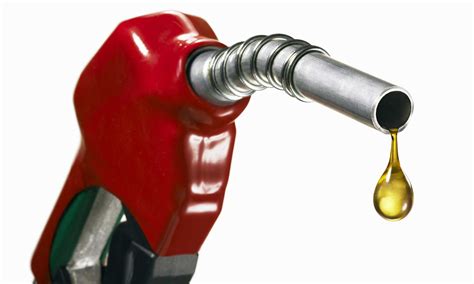
The Octane Myth vs. Reality
A common misconception is that higher octane fuel provides more power or cleans the engine better in any vehicle. This is generally not true for cars explicitly designed to run on regular 87 octane. If your car’s manufacturer specifies regular fuel, using premium will not boost horsepower, improve fuel economy, or enhance engine longevity. Modern engines are equipped with knock sensors that can detect pre-ignition and adjust timing to compensate. While this prevents damage, consistently using lower octane fuel than required can lead to reduced efficiency and power as the engine constantly retards timing.
Engine Health: When Does Premium Matter?
For Vehicles Requiring Premium Fuel:
If your owner’s manual explicitly states “premium fuel required,” then using anything less can indeed harm your engine over time. These engines are precisely engineered to operate with higher octane to prevent knocking. Persistent knocking, even if mitigated by knock sensors, can cause stress on engine components, potentially leading to premature wear or even severe damage in the long run. In this scenario, premium fuel is essential for engine health and preserving the vehicle’s design performance and longevity.
For Vehicles Recommending Premium Fuel:
Some manuals state “premium fuel recommended.” In these cases, your vehicle can safely run on regular unleaded, but you might experience a slight dip in performance or fuel economy. The engine’s computer will adjust to prevent knocking, but it may not operate at its peak efficiency. The trade-off here is usually minor for daily driving, and the financial savings from regular fuel often outweigh the negligible performance difference.

For Vehicles Designed for Regular Fuel:
If your car is designed for regular 87 octane fuel, using premium is simply throwing money away. There are no benefits to engine health, performance, or fuel economy. The engine is not calibrated to utilize the higher octane, and the additional detergents often found in premium fuels are also present in top-tier regular fuels from reputable brands.
Long-Term Savings and Performance
From a long-term savings perspective, the answer is straightforward: only buy premium if your car requires it. The price difference between regular and premium can add up significantly over months and years. For a vehicle that doesn’t need it, you’re paying an extra 20-60 cents per gallon for no tangible benefit to engine health or performance. These savings can instead be put towards essential maintenance, which genuinely contributes to your car’s longevity.
While some premium fuels boast enhanced detergent packages, many regular unleaded fuels from “Top Tier” certified brands also contain robust detergent additives designed to keep your engine clean and prevent deposits, regardless of octane rating. Always check for the “Top Tier” label at the pump if you’re concerned about fuel quality and detergents.
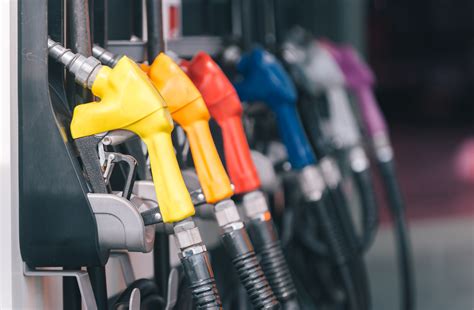
When Should You Consider Premium Fuel?
Beyond the “required” scenario, there are very few instances where premium might be considered for a non-premium vehicle:
- Towing Heavy Loads or Extreme Conditions: If you’re frequently pushing your engine to its limits, a one-off tank of premium might offer a marginal safety net against potential knocking, though modern engines handle this well.
- Track Driving/Performance Events: For high-performance driving where every fraction of horsepower matters, and the engine is under constant high stress, using premium (if recommended) might be beneficial.
- Manufacturer’s Stipulation: Always, always refer to your owner’s manual first.

The Verdict: A Smart Fueling Strategy
For the vast majority of drivers, premium fuel is not “worth it” for engine health or long-term savings unless their vehicle’s manufacturer specifically requires it. Paying extra for higher octane in a car designed for regular fuel is a waste of money, offering no benefits to performance, fuel economy, or engine longevity. To ensure optimal engine health and maximize your long-term savings, simply follow your car’s owner’s manual. If it calls for regular, stick with regular, ideally from a “Top Tier” licensed retailer for its detergent benefits. If it requires premium, then premium is an investment in your engine’s health and your car’s continued performance.
